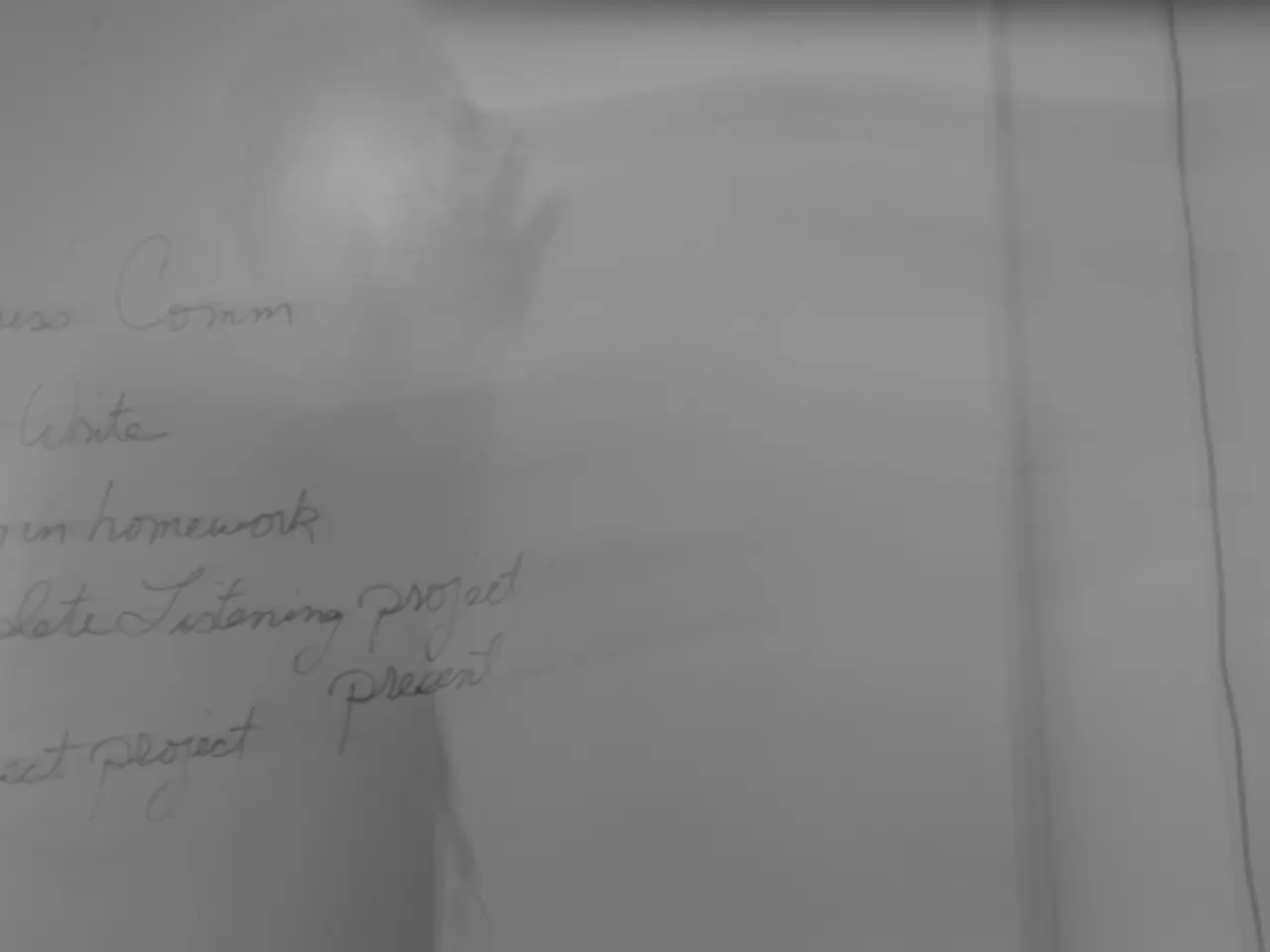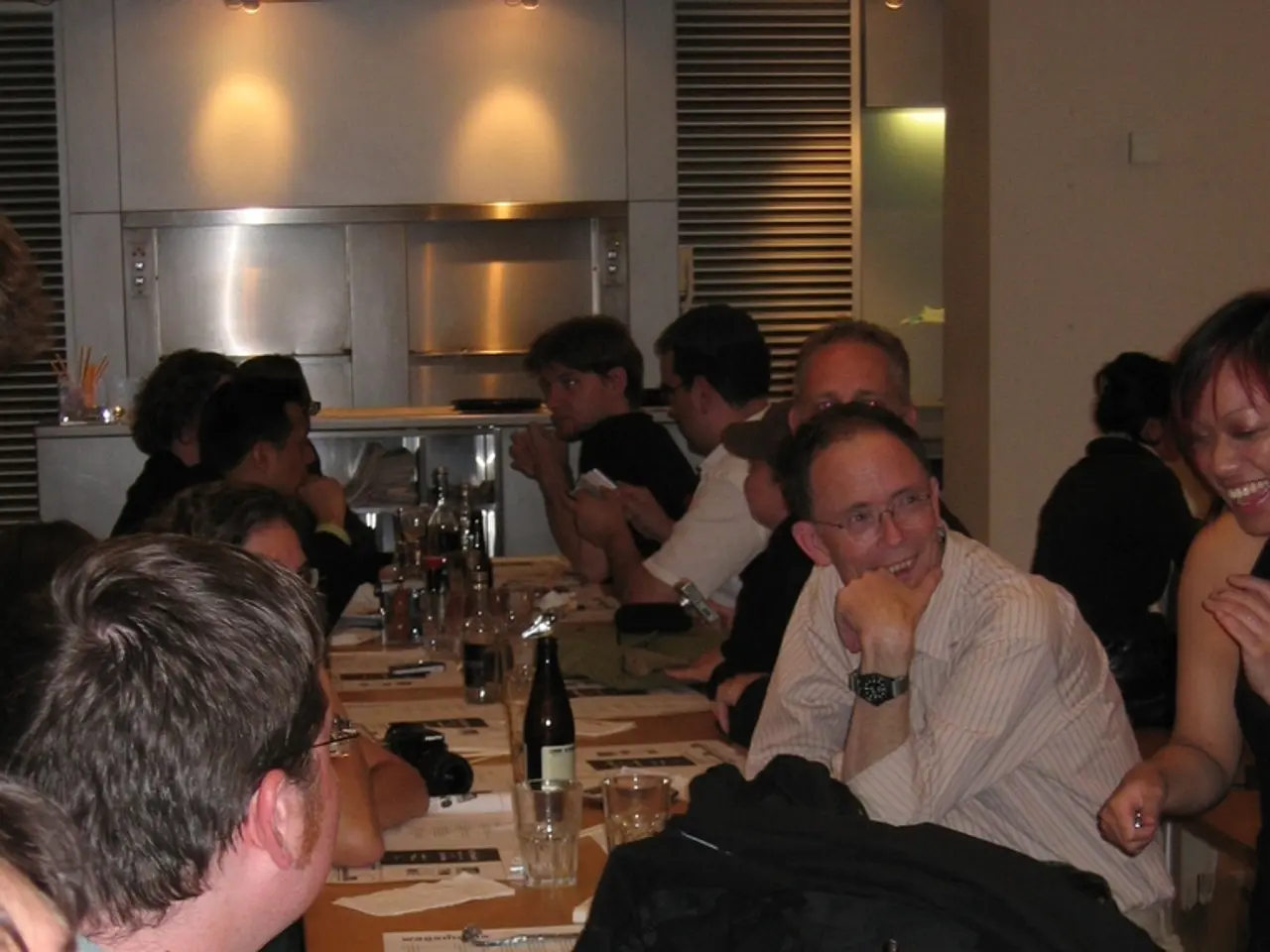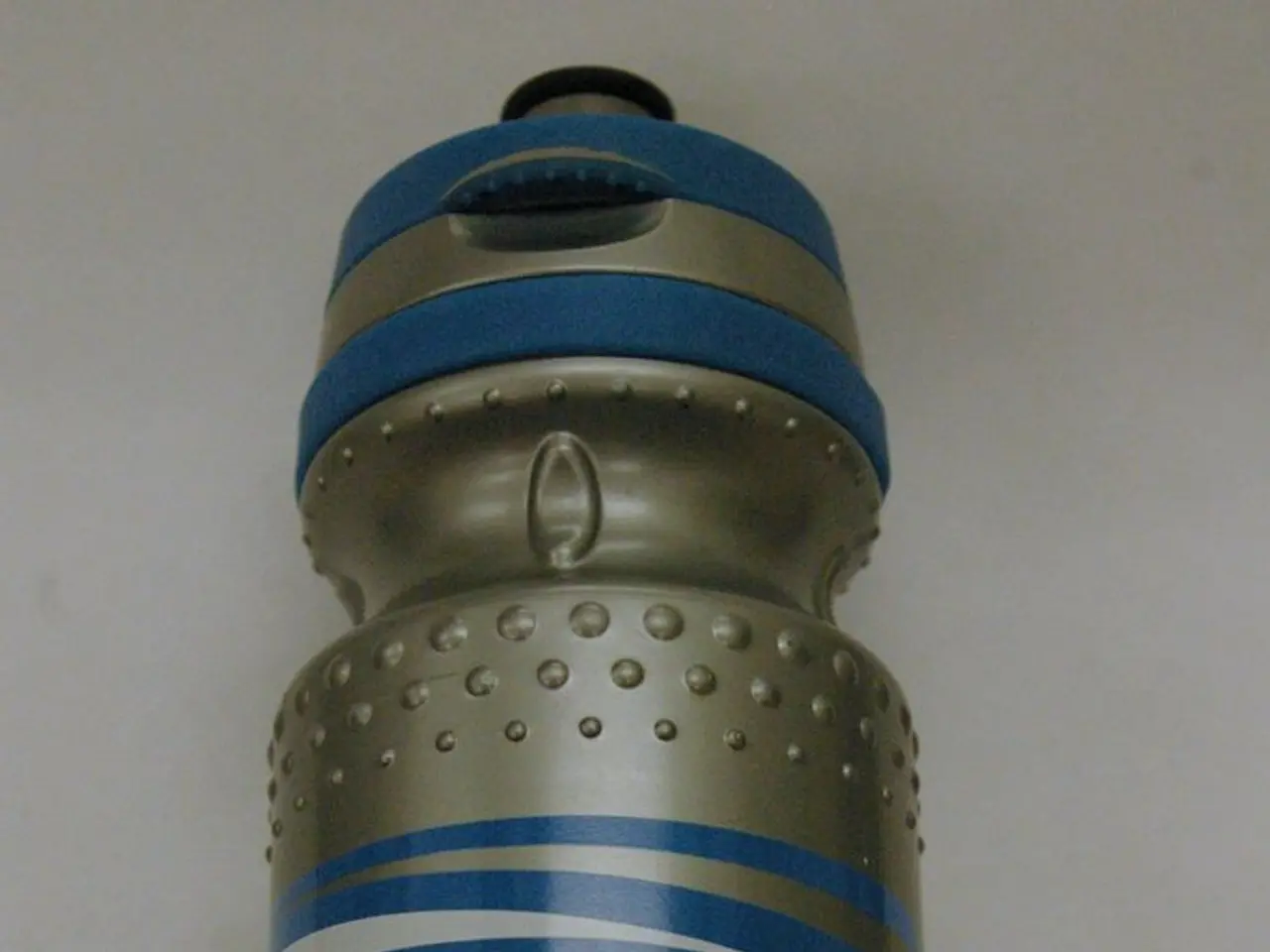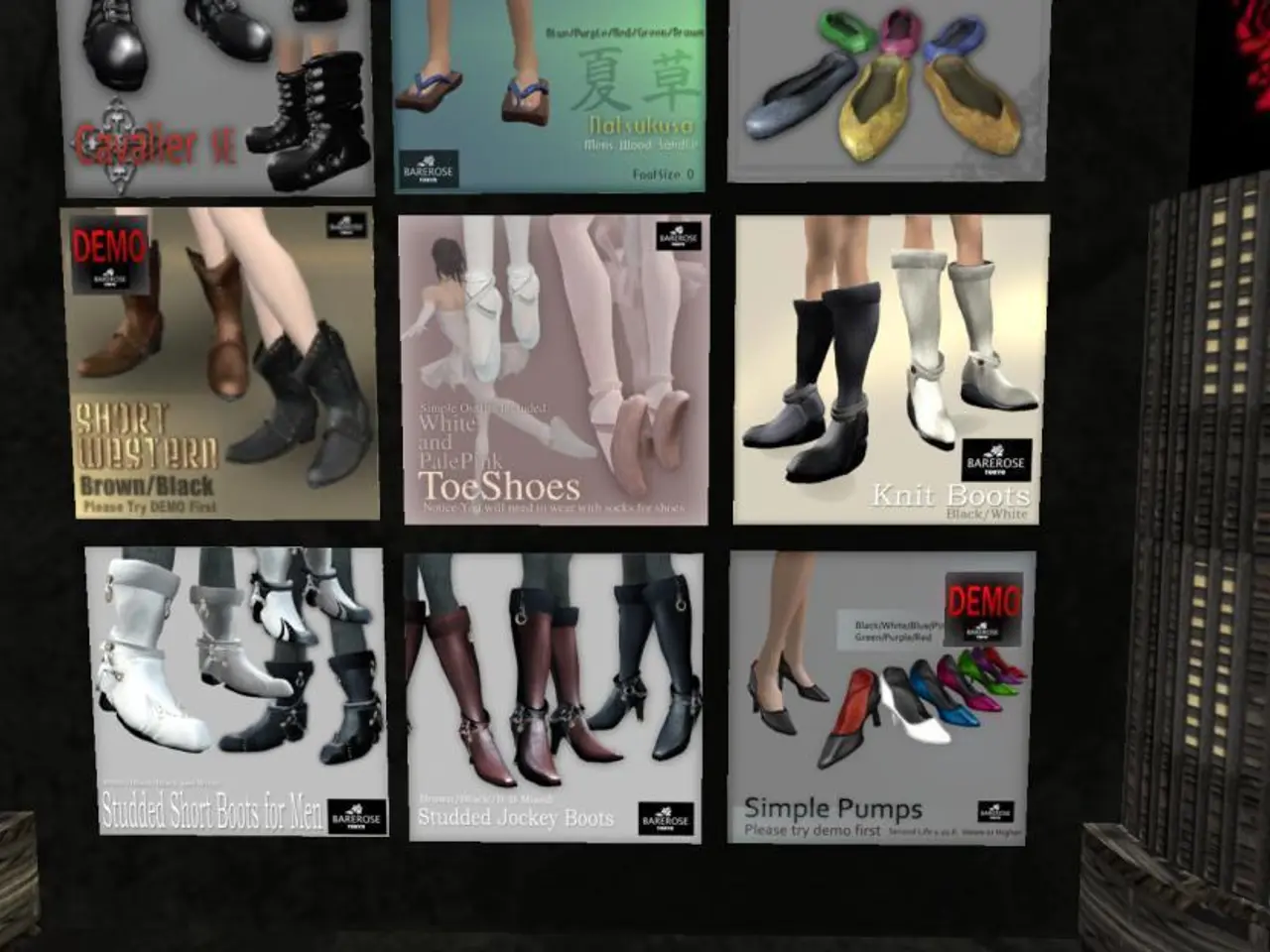Authority has yet to reach a conclusion regarding
German Coalition Faces Tensions Over Ukrainian Refugee Support
Markus Söder, the Bavarian Minister-President and leader of the Christian Social Union (CSU), has proposed a change to the citizen's allowance for Ukrainians living in Germany, sparking a disagreement within the ruling coalition between CDU/CSU and SPD.
Söder's proposal, made during the "Berlin direct summer interview" of ZDF, suggests reducing the current level of civil assistance payments to the level provided for asylum seekers. He argues that the current support is excessive, creates unequal conditions, and discourages employment among Ukrainian refugees.
However, the SPD firmly disagrees with Söder's position. Vice-Chancellor Lars Klingbeil and SPD's Dirk Wiese emphasized that the government must act according to the agreed terms and that cutting benefits will increase administrative burdens rather than save money. The SPD insists on maintaining civil assistance for Ukrainian refugees as stipulated in the coalition agreement.
The proposed cut could potentially impact the financial stability of the federal government, as it involves reducing a significant financial support system for Ukrainians living in Germany. The SPD has questioned whether the coalition can sustain the ruling out of tax increases, as per the coalition agreement, given the financial implications of Söder's proposal.
In contrast to Söder's stance on debt policy, the SPD has supported a large debt package post-2025 Bundestag election, including a 1 trillion Euro plan split between national defense and infrastructure investments. This indicates SPD's willingness to deviate from strict fiscal conservatism for government investment, while CSU/CDU's position is more cautious or constrained by electoral pledges.
The disagreement between Söder and the SPD over the citizen's allowance for Ukrainian refugees has introduced tensions within the coalition government. The SPD has accused Söder of a populist campaign aimed at cutting "citizen's money" for Ukrainians. The proposal could potentially lead to a renegotiation of the coalition agreement between CDU/CSU and SPD with regards to the citizen's allowance for Ukrainians living in Germany.
Federal Minister of Labour Barbara Bas, from the SPD, has suggested that tax increases may be considered for financing pensions, health, and nursing care. Söder, in response to Bas's statements, has expressed his intention to cut Ukrainian citizens' allowance. It remains to be seen how these disagreements will shape the future of the coalition and the support provided to Ukrainian refugees in Germany.
Policy-and-legislation discussions regarding the financial support for Ukrainian refugees in Germany have intensified within the ruling coalition, leading to political tensions. The controversy primarily revolves around reductions in the citizen's allowance proposed by Markus Söder, grounded in his belief that current support levels are excessive and disincentivize employment. However, the SPD, maintaining their stance, opposes such cuts, arguing they would increase administrative burdens rather than save money while advocating for continued civil assistance as per the coalition agreement. This disagreement could impact general-news headlines in the future, potentially leading to renegotiations of the coalition agreement and affecting the support provided to Ukrainian refugees in Germany.








